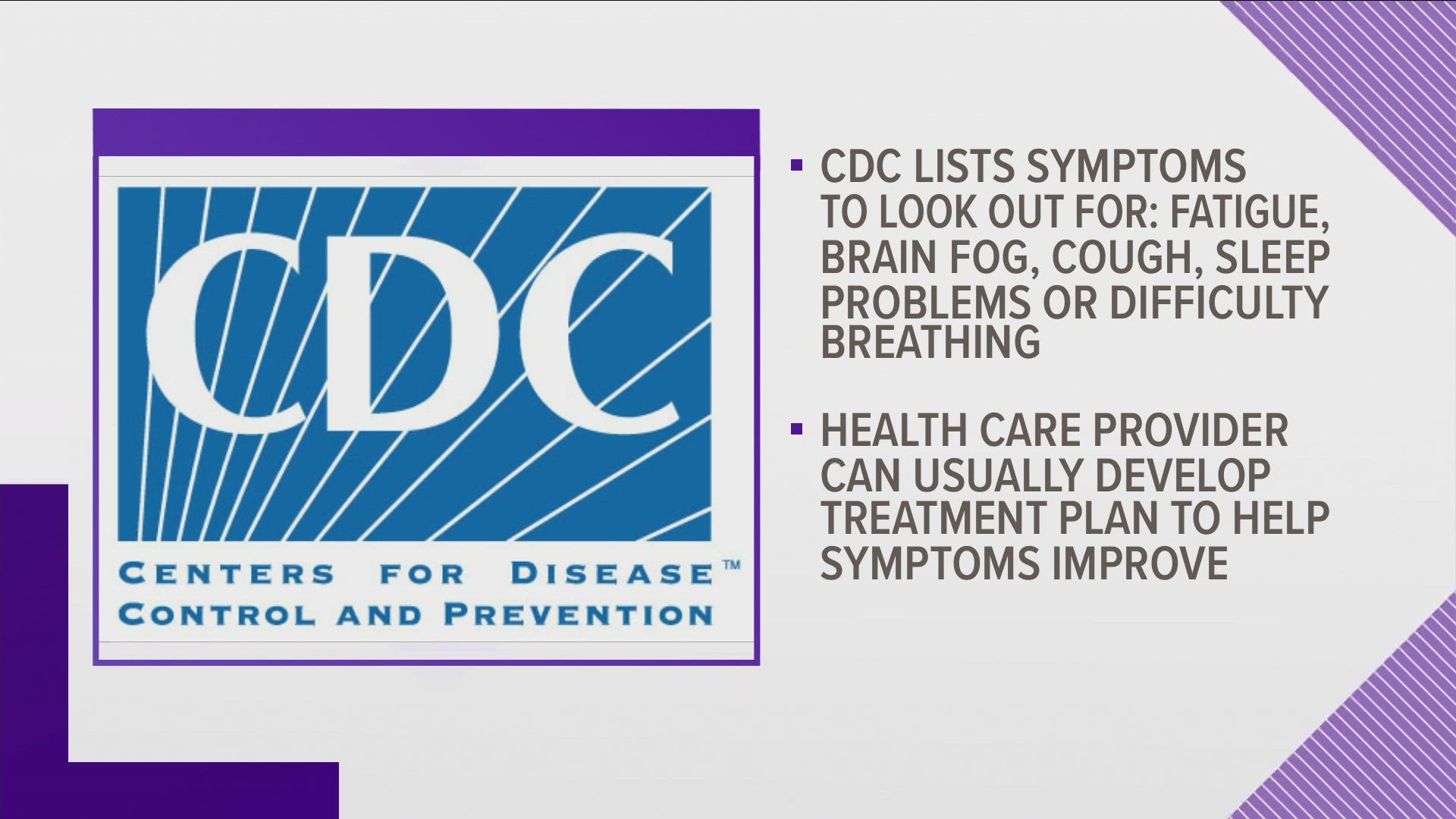GREENSBORO, N.C. — Navigating the COVID-19 pandemic feels like walking through a maze. We've hit dead ends, had to turn around and find new ways to move towards the end.
All of that gets hard and more frustrating when the maze keeps moving on us. New variants and changing guidance from health officials represent new twists and turns that weren't there when we started this journey back in March 2020.
"It is confusing," Dr. Ceine Gounder, infectious disease specialist and epidemiologist at the NYU Grossman School of Medicine, said. "It does feel like a bit of a choose your adventure. If this, then this. If this then this."
We gathered all the latest updates and guidelines. Here's what to do if you get exposed to COVID-19.
Testing
Once you get a call saying you were exposed to COVID-19, it almost becomes a waiting game. You immediately start monitoring yourself for symptoms.
As new variants emerged, the warning signs for COVID-19 changed. One doctor says if you have these three symptoms, you should assume you have the virus because of how widespread the omicron variant has become.
You'll more than likely need a test to confirm whether or not you're infected. The North Carolina Department of Health and Human Services said when you take that test depends on your vaccination status.
Vaccinated people should get tested within three to five days, even if they don't have symptoms. Unvaccinated, asymptomatic people should wait six days then take a test. Unvaccinated people experiencing symptoms should get a test as soon as possible.
There are two main types of tests, PCR and rapid antigen. Doctors suggest taking a rapid antigen test if you can find one.
"[Rapid tests are] more accurate in telling us what we want to know and are interested in, which is 'am I at risk to my neighbors? Do I need to isolate," Dr. Michael Mina, EMED's Chief Science Officer said.
Mina said you should only take a PCR test when a doctor prescribes one.
Treatment options
If you test positive, you want to know how to treat the virus.
Most people experience mild symptoms and can self-medicate with over-the-counter medicines.
Some people may need something stronger. Monoclonal antibody treatments were used to treat certain patients early in their infection. They helped prevent serious illness in most cases.
Some of the companies that produce the treatments recently said omicron makes them less effective. Since the variant has so many mutations, the treatments don't work as well.
Two new pills could help treat high-risk patients. The Food and Drug Administration issued an emergency use authorization for Pfizer and Merck's antiviral pills. Both companies said their drug significantly reduces the risk for severe illness, death and hospitalization.
Isolation
The Center for Disease Control and Prevention has updated isolation guidance in recent weeks.
People who test positive for COVID-19 can now leave isolation after five days if they are asymptomatic or their symptoms are improving. The CDC said people don't need a test to leave isolation, but they can take one if they want to and have access to one.
"The CDC makes guidance and recommendations in the real world, not the world we wish existed, and right now there aren't enough tests," former CDC Director Dr. Tom Frieden said.
The CDC also said it updated its guidance because of growing evidence that infected people are most contagious 1-2 days before symptoms appear and 2-3 days afterward.
People remain contagious after five days. The CDC said infected people must wear a mask whenever around people for five additional days, even in their home when around family.
Long-haul COVID
COVID-19 can continue to impact people for up to six months after they initially contract the virus. Doctors call it long-haul COVID.
One Cone Health doctor noticed long-haul covid affects far more women than men. Dr. Olu Jegede said 78% of the hospital's long-haul COVID patients were women. He said the disparity could be explained by a stronger immune response from female patients.
The CDC said you should see your doctor if you have any of these common, lingering symptoms: difficulty breathing, fatigue, brain fog, cough, sleep problems or sleep problems. Your health care provider can usually help develop a treatment plan to at least lessen the effects of long-haul COVID.
Vaccines and Boosters
Doctors say you can get ahead of all of these steps by getting vaccinated. They continue to emphasize that vaccines are the best way to protect yourself from getting COVID-19 and protecting against severe illness.
With the highly-contagious omicron variant spreading, experts suggest everyone eligible gets a booster shot to increase their protection.
Right now, everyone 16 years or older can get the Pfizer booster shot.
If your first two shots were Moderna or Pfizer, you need to wait five months. If you went with Johnson and Johnson the first go around, you're eligible for a booster after two months.
The CDC is expected to expand booster eligibility to everyone 12 and up soon.
While doctors want you to get a booster, the CDC says right now you are still considered "fully vaccinated" without one.

